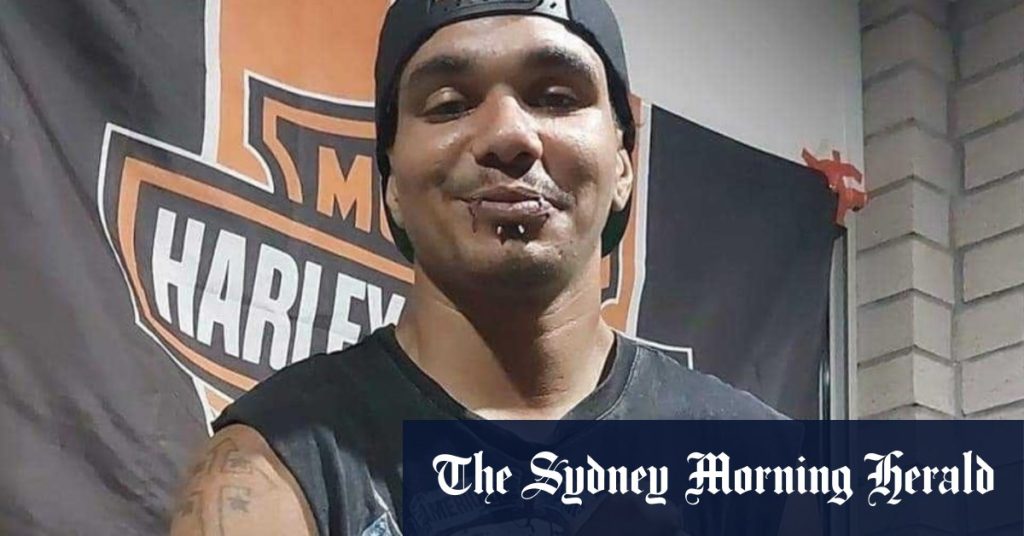Two men have been charged with the murder of 25-year-old Jai Gray, also known as Malakhi Gray and Malakhi Davidson, after his remains were found at an abandoned quarry north of Brisbane. Gray was reported missing on June 4 and had not been seen for a week before that. His family had sought public help with search efforts until his body was discovered at an abandoned quarry near Mount Ngungun in the Glass House Mountains. Police say that the two men from Caboolture, aged 19 and 22, lured Gray to a property where he was stabbed. The two men are scheduled to appear in court to face charges of murder and interfering with a corpse, while a third man who was taken into custody has been released without charge. The investigation is ongoing, and police will be providing updates to the media.
The victim’s family released a statement on Instagram asking for privacy and expressing their gratitude to the community for their support during the 14-day search for Jai/Malakhi. The family thanked everyone who shared information, helped with the search efforts, and offered support. The tragic discovery of Gray’s remains at the abandoned quarry has brought a sense of closure to his loved ones, but it also marks the beginning of a difficult legal process for the accused individuals. The family’s statement indicates that they are struggling with the loss of Gray and are asking for respect and understanding during this challenging time.
The details surrounding Gray’s murder, including the motive behind the attack and the events leading up to his death, are still under investigation by the authorities. The police have indicated that there may be further developments in the case, and they are urging anyone with information to come forward. The location of the crime, at an abandoned quarry near Mount Ngungun, adds a sense of mystery and intrigue to the tragic events that unfolded. The community is left shocked and saddened by Gray’s untimely death, and there is a renewed sense of vigilance in the area as people grapple with the reality of violence in their midst.
The charges of murder and interfering with a corpse are serious offenses that carry significant legal consequences for the accused individuals. If convicted, the two men from Caboolture could face lengthy prison sentences and a lifetime of repercussions for their actions. The tragic loss of Jai Gray has left a void in the lives of his family and friends, who are left to grapple with the pain of his absence and the heartache of his violent death. The community at large is also affected by the senseless act of violence that claimed Gray’s life, and there is a collective desire for justice to be served in this case.
As the investigation into Gray’s murder continues, the police are working diligently to gather evidence and interview witnesses in order to build a strong case against the accused individuals. The legal process will unfold over time as the details of the crime are scrutinized in court and the evidence is presented to a judge and jury. The search for justice in this case will be a long and arduous journey for all involved, but it is a necessary step in holding the perpetrators accountable for their actions. The tragic death of Jai Gray serves as a stark reminder of the fragility of life and the devastating impact of violence on families and communities.
In the wake of Gray’s murder, the community is left reeling from the shock of the violent crime that occurred in their midst. There is a renewed sense of urgency in addressing issues of safety and security, as people grapple with the reality of violence and crime in their neighborhoods. The tragic loss of Jai Gray has sparked a conversation about the need for greater vigilance and community involvement in preventing such senseless acts of violence. The memory of Gray will live on in the hearts of those who knew and loved him, and his untimely death will serve as a poignant reminder of the consequences of unchecked aggression and cruelty. The legal process that follows his murder will be a test of the justice system’s ability to hold perpetrators accountable for their actions and provide closure for the victims and their families.


